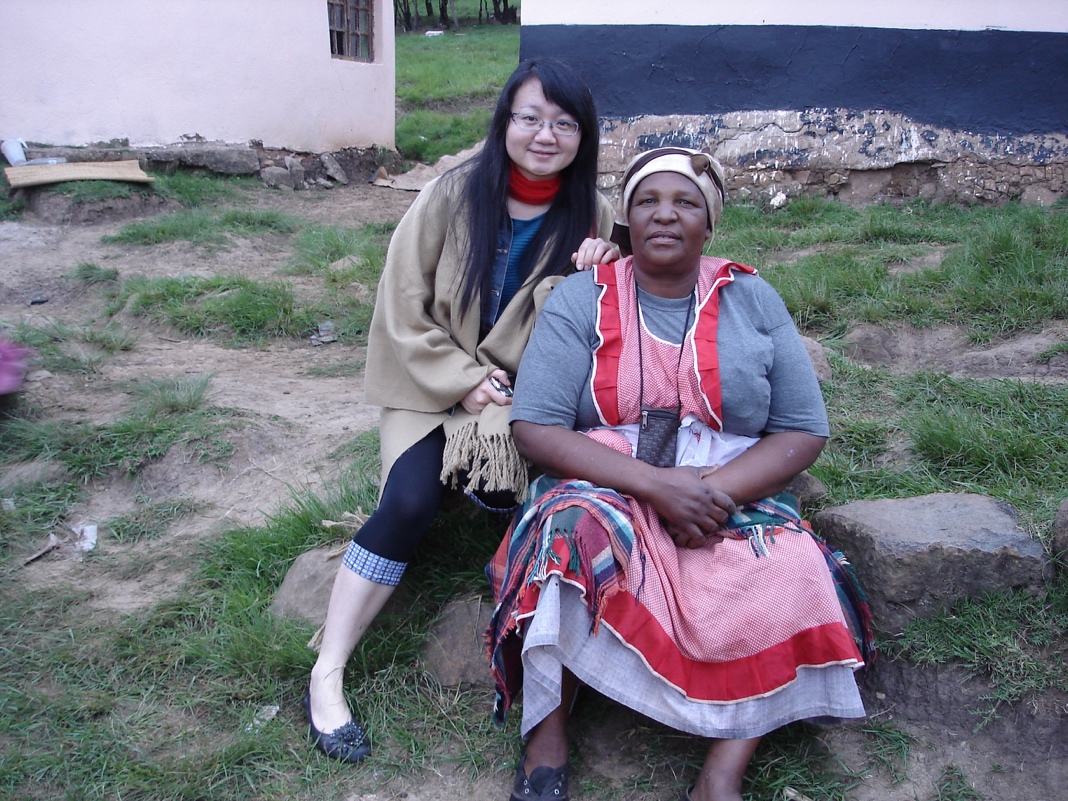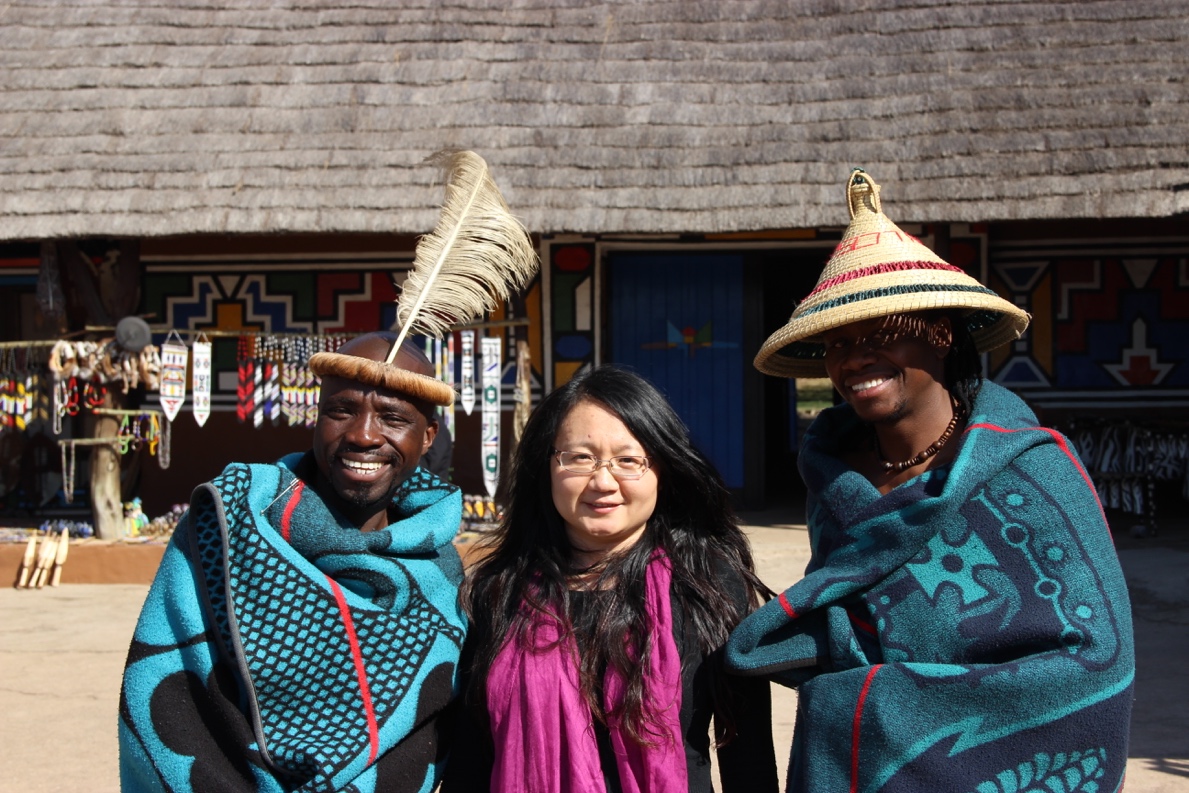2020年9月14号,我院祖鲁语专业教师马秀杰博士参加由非洲直通车(Africa Express)举办的“讲述我的非洲故事”活动,经过一系列的选拔,在众多入围文章中,脱颖而出,获得“中非故事”最佳创作。马秀杰老师根据亲身经历,从语言的角度出发,展现了语言对“理解非洲”的意义与作用:一门语言,一个世界!
非洲直通车是由趣民(上海)科技网络有限公司运营,深入带受众了解中国与非洲国家之间蓬勃发展的社会,文化和生活方式等方面联系的公众号平台机构。
附文章及图片
Learning a language, knowing a culture
— My experience in South Africa
By Xiujie Ma
2020 is an unusual year. The sudden COVID-19 pandemic disrupted lives around the world. It made us realize how fragile life is, despite advances in science and technology that have assisted in saving lives. Relations among people of different countries, races and social strata have become strained and unpleasant incidents have happened in Guangzhou, Lusaka, New York and many other places.
I have been reading reports about the situation in African countries since the beginning of the pandemic. I was hoping that it would not spread too widely on the African continent. However, while globalization provides unprecedented convenience for human life and communication, it indirectly facilitates the spread of the virus. Unfortunately, Africa has not been spared.
Faced with this situation, I have been thinking about what I can do. I lived and studied in South Africa for seven years. For me, Grahamstown, a small town in the Eastern Cape, is my second home. I went there for a gap year and was intrigued by the complex grammar and unique pronunciation of the isiXhosa language. Departing from my initial plan, I started to learn isiXhosa from scratch and received my MA and PhD in the field of isiXhosa studies seven years later.
My father once asked me whether I thought it was worth spending seven years studying a language that Chinese people had never heard of. I told him that if I had not gone to Africa, I might have lived an easy and comfortable life like many of my peers, but I would have missed so many interesting things. In those seven years, I learned to speak isiXhosa and isiZulu and began to understand the history and culture of the Xhosa and Zulu ethnic groups, as well as South Africa. I had been a stranger; I became an insider. I witnessed children suffering from hunger, women struggling with AIDS, and men being killed by criminals, which was really sad, but I also saw people's kindness, tenacity and perseverance. These all gave me a new understanding of Africa, a land not only of poverty and crime, but also a variety of beautiful cultures and kind-hearted people.

I chose to come back to China to teach isiZulu when I completed my PhD. I want more Chinese to understand Africa, and more Africans to understand China. There are more than 2,000 languages in Africa, and 99% of the languages are completely unknown in China. My students and their parents had never heard of isiZulu, a language with millions of native speakers, prior to filling in the university admission forms. People may wonder why anyone should care about how many languages there are in Africa and what the point is in knowing these languages. English and French are enough for working in Africa. But language is not only a tool of communication; it is also an important part of the culture and the identity of a nation. Nelson Mandela once said: “If you talk to a man in a language he understands, that goes to his head. If you talk to him in his language, that goes to his heart”. I believe that mutual understanding between China and Africa will only really be possible when we understand each other’s traditions and cultures.

Confronting the pandemic, I knew what I could do was very limited, but I still decided to make a video with my students just to express our care, love and wishes for the people in Africa. The video was very simple as we were all at home and could only use our cellphones. I never expected the feedback we received from those who saw it in South Africa. Many people sent their thanks and regards through embassies, Confucius Institutes or friends. One of messages said: “This is a very kind gesture and confirms all the positive interactions we can have when we see the 'other' as a human being and not as an enemy……Yes, some people in our communities still think the virus is a joke. But we are getting the message through. Thanks to all your beautiful students and their messages of support. We are sharing your message with all our people.” Humans will eventually defeat the virus, no matter how formidable it is. As we all battle on, I believe that mutual understanding, love and help achieve more than complaining, hostility or hatred.
Many people ask me why I am so ‘into’ Africa. I would like to answer this question with a little poem that I wrote on the night before I left South Africa:
Everyone,
those I know and those I don’t,
asks me when we first meet,
Why am I that into Africa?
The land is vast and tranquil,
In her arms, I can talk to my soul.
The sky is deep and blue,
under it, I can fly like a bird.
The people are simple and generous,
among them, I feel at home.
When I first arrived,
I was a traveler.
When I left,
I’m a child of the land.

